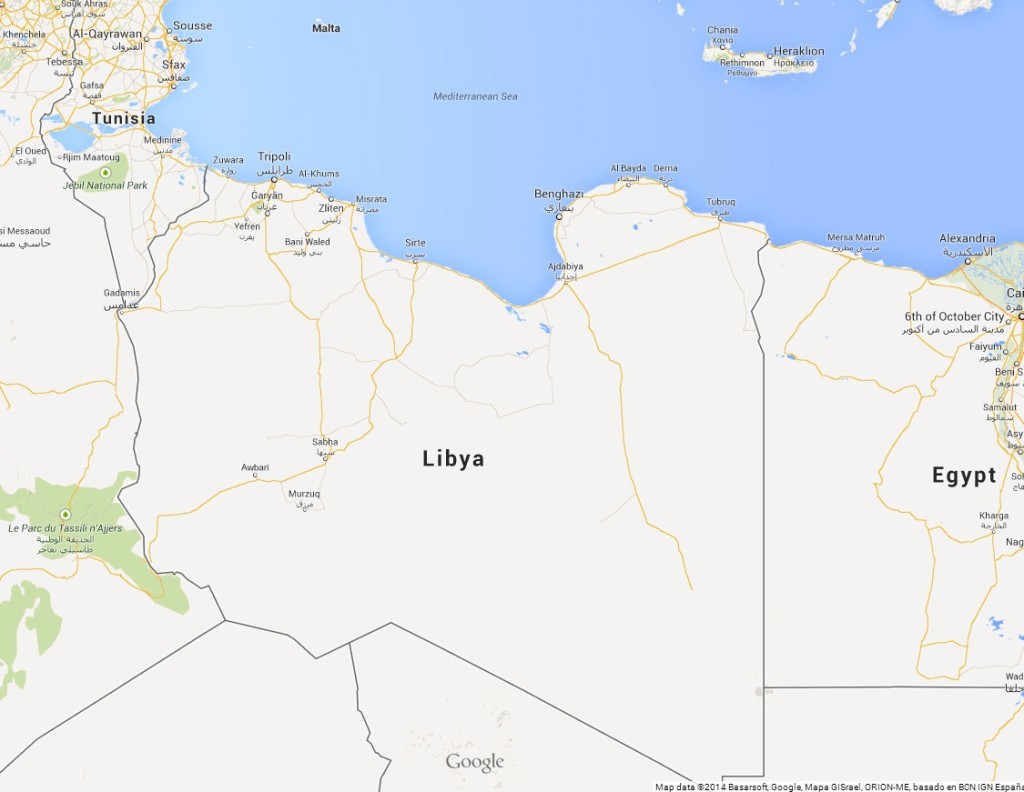
Brent traded near the lowest price in more than three weeks as Libya prepares to increase exports and amid speculation that Iraq’s crude supplies remain safe from violence. West Texas Intermediate was steady in New York.
Futures were little changed in London after falling for a fifth day on July 4, the longest losing streak since January. Libya, the holder of Africa’s biggest crude reserves, lifted a force majeure at its Es Sider and Ras Lanuf terminals, National Oil Corp. said yesterday. Fighting in Iraq, OPEC’s second- largest producer, hasn’t spread to the south, home to more than three-quarters of its output.
“Oil is likely to remain flat,” David Lennox, a resource analyst at Fat Prophets in Sydney, said by phone today. “You’ve got Libyan supply coming back and nothing seems to have happened in the south of Iraq.”
Brent for August settlement was at $110.68 a barrel on the London-based ICE Futures Europe exchange, up 4 cents, at 4.40pm Sydney time. The contract dropped 36 cents to $110.64 on July 4, the lowest close since June 11. The volume of all futures traded was about 4 percent below the 100-day average.
WTI for August delivery was 24 cents lower from the July 3 close at $103.82 a barrel in electronic trading on the New York Mercantile Exchange. There was no floor trading during the Fourth of July holiday and transactions will be booked today for settlement purposes. The US benchmark crude traded at a discount of $6.75 to Brent.
Brent declined 2.4% last week, erasing this year’s gains, as rebels seeking self-rule in Libya’s east agreed to surrender the Es Sider and Ras Lanuf ports, the nation’s biggest and third-largest export terminals. The government in Tripoli has instructed National Oil to start marketing supplies from the two facilities, Mohamed Elharari, a spokesman for the state-run company, said by phone.
Es Sider can load 340,000 barrels a day while Ras Lanuf can handle 220,000 barrels, according to the Oil Ministry. Libya pumped 300,000 barrels a day last month, compared with 1.13 million in June 2013, ranking it as the smallest producer in the Organization of Petroleum Exporting Countries.
In Iraq, fighting has been concentrated in the north, where insurgents from a breakaway al-Qaeda group known as the Islamic State captured the city of Mosul in June and declared a caliphate in the Iraqi and Syrian territory it controls.
“There’s quite a lot of supply out there,” Tom James, the managing director of Navitas Resources in Dubai, said by phone yesterday. “Prices had already started calming down last week as we didn’t see anything sparking off in Iraq that was impacting the southern crude exports, and it looks like we may be seeing some Libyan crude coming back onto the market.”